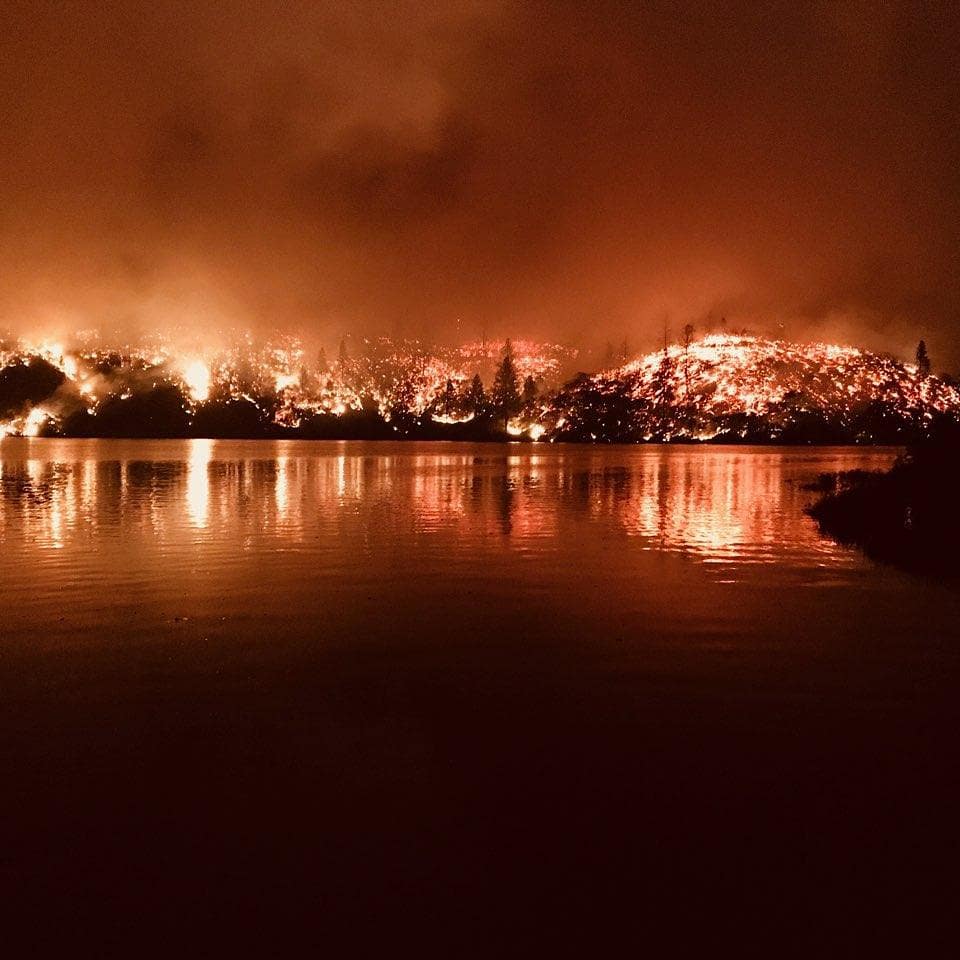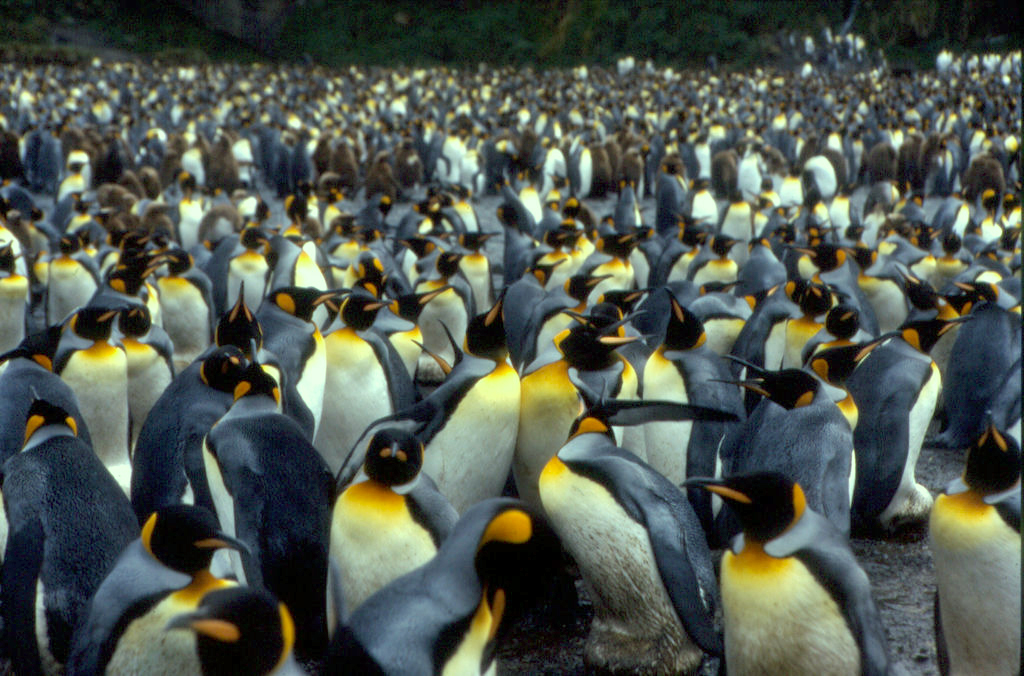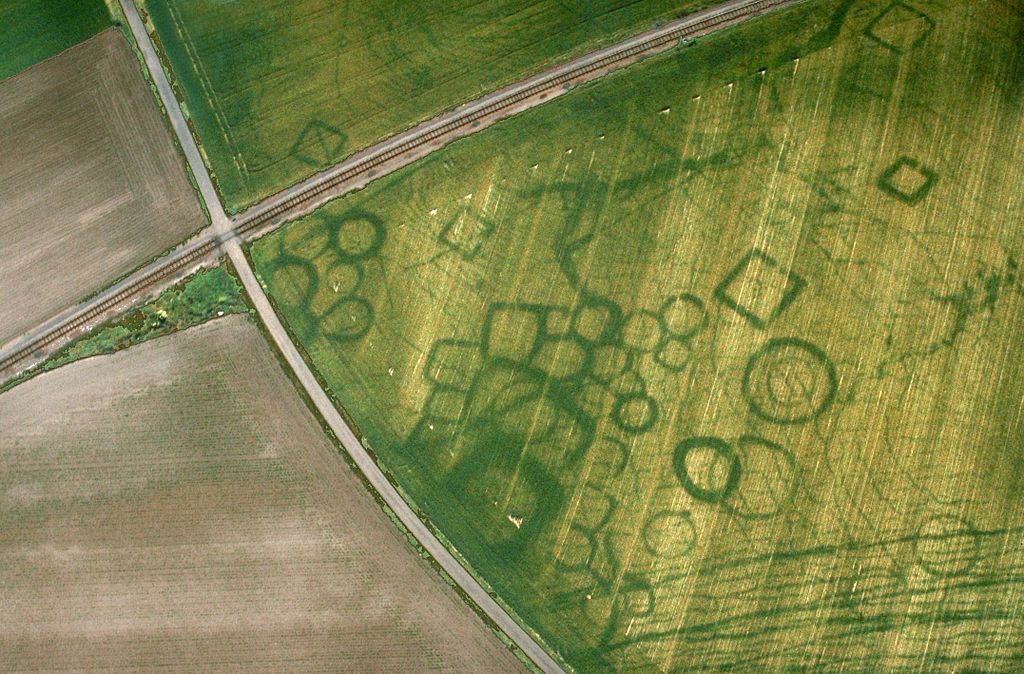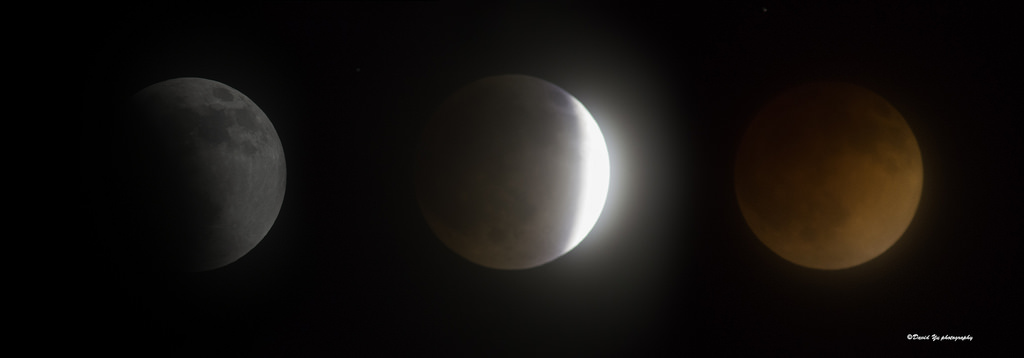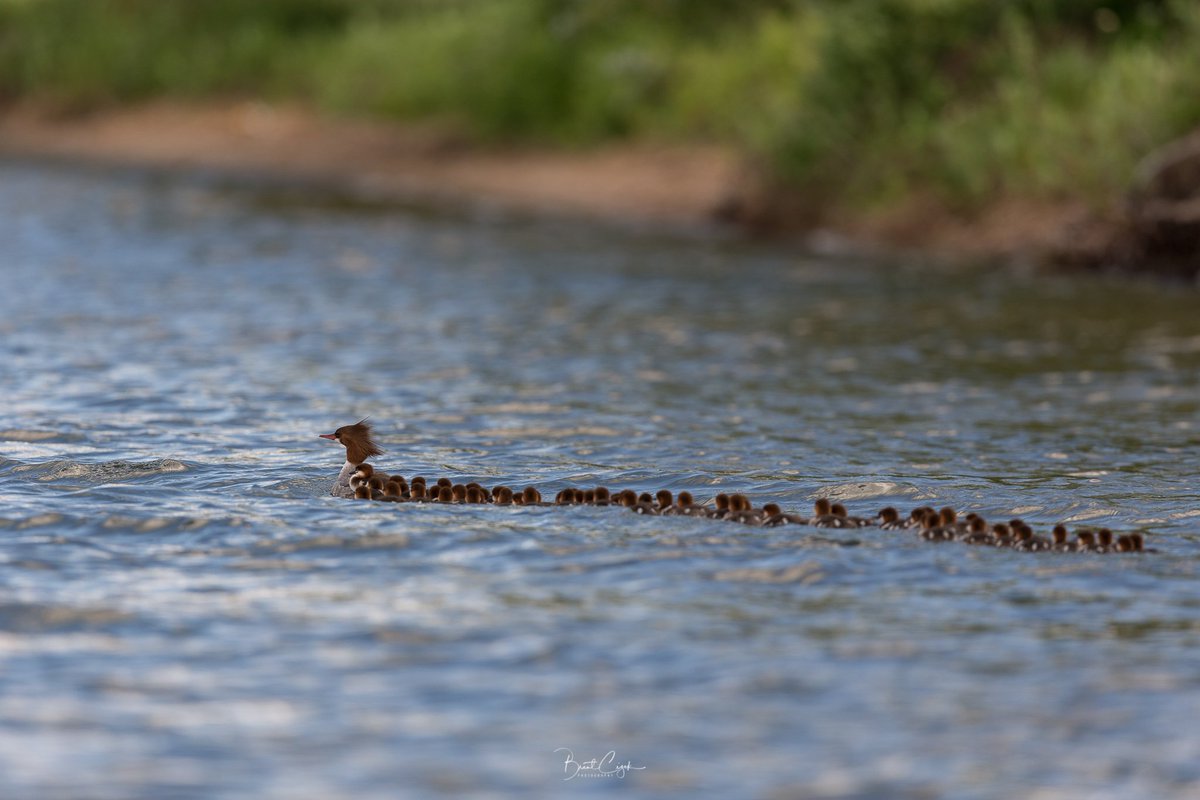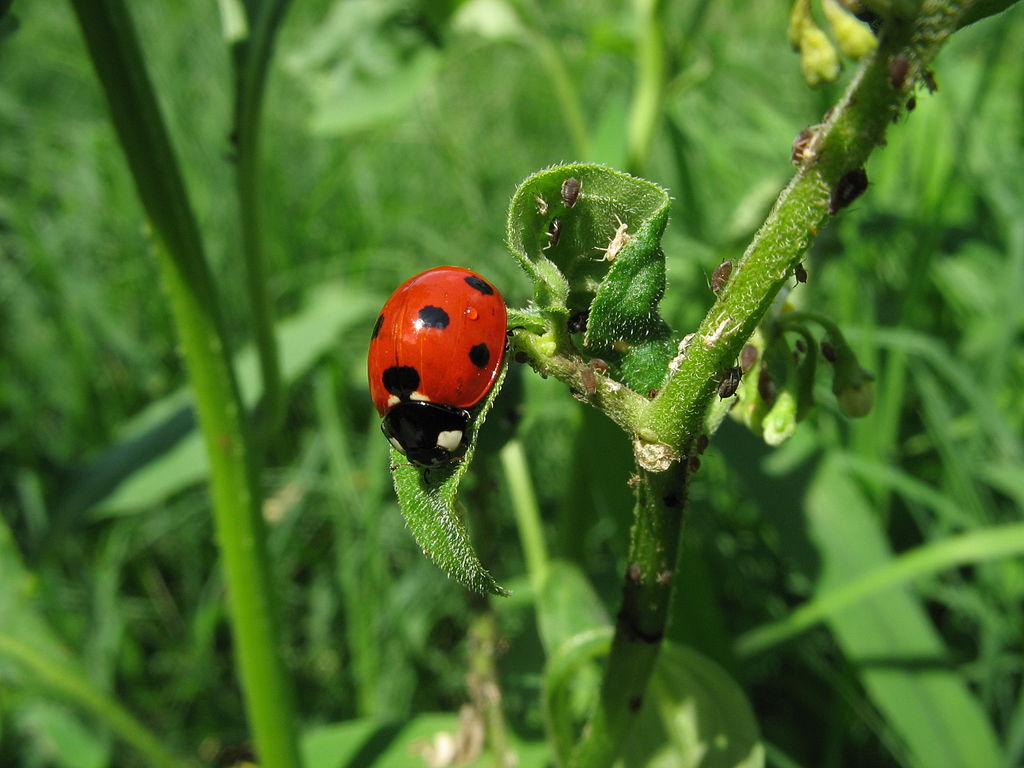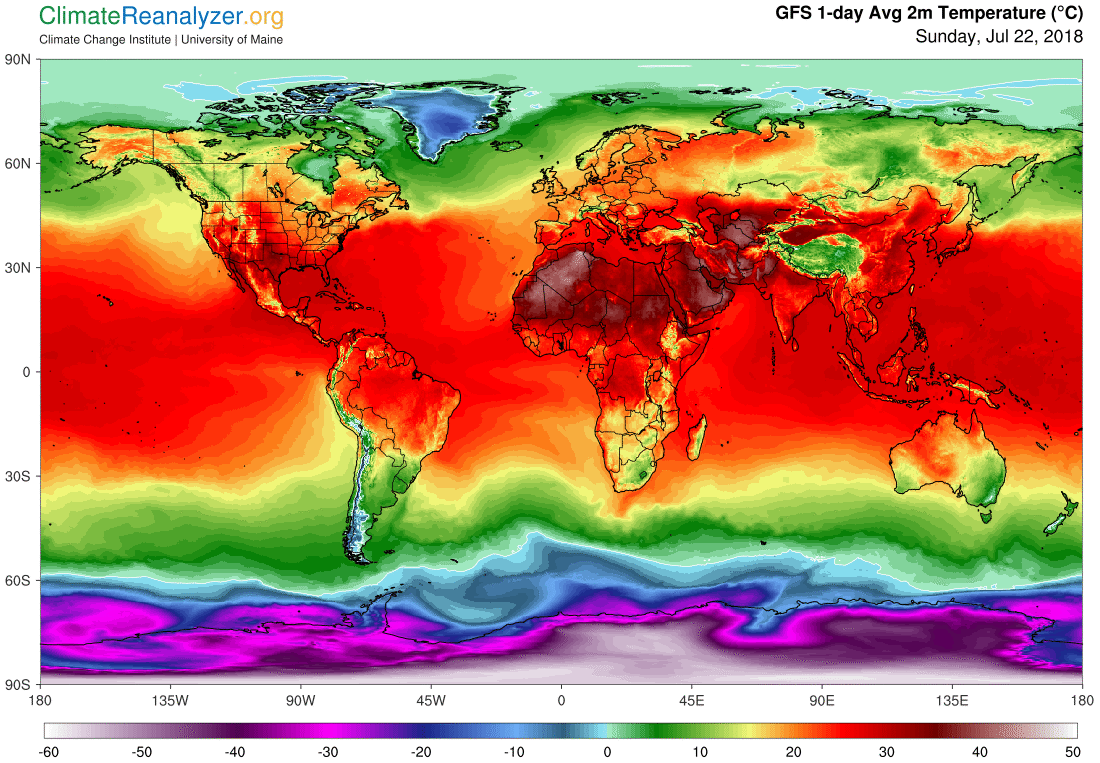Jurgen Otto is known as the Peacock Spider Man. He drives hours and hours to find amazing, tiny spiders so he can take pictures and movies of them for science.
Published in “Science”
California has been fighting wildfires across the state for over a month. Two of the largest fires have joined to create the largest wildfire in California's history.
Lombok, Indonesia, a place popular with tourists, has been struck by serious earthquakes. At the same time, in Jakarta, the country is preparing to hold the 2018 Asian Games.
Over the last 35 years, 90% of the King Penguins on a faraway island have been lost. It was the largest group of King Penguins in the world.
Taxi drivers have been blocking streets in major cities in Spain. They want the government to do a better job of controlling non-taxi drivers from companies like Uber.
Computer programs are getting better at telling who someone is from a picture of a face, but they're far from perfect. Some people are very worried about that.
Long periods of hot, dry weather can change the way that plants in farm fields grow. In Europe, this is uncovering secrets about things hidden under the ground.
On July 27, most of the world will have a chance to see the longest total eclipse of the moon for the next 100 years.
When photographer Brent Cizek went out on Bemidji Lake, he wasn't expecting much. But what he saw was a real surprise - a mother duck with about 50 ducklings swimming behind her.
Scientists have learned that ladybugs don't like loud rock music or city noises. That's good for farmers to know, since ladybugs eat smaller insects that feed on plants farmers grow.
Countries around the world have been hit by record heats that are affecting farmers and causing wildfires. The heat waves have killed some people and sent others to the hospital.


